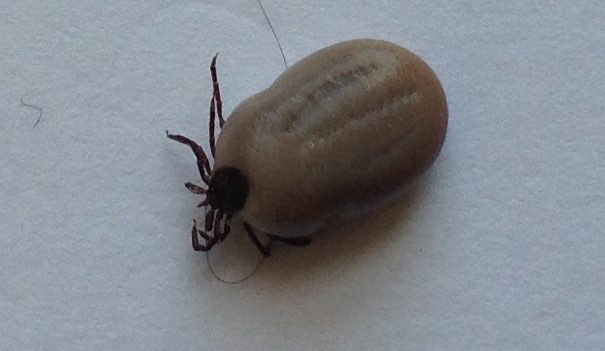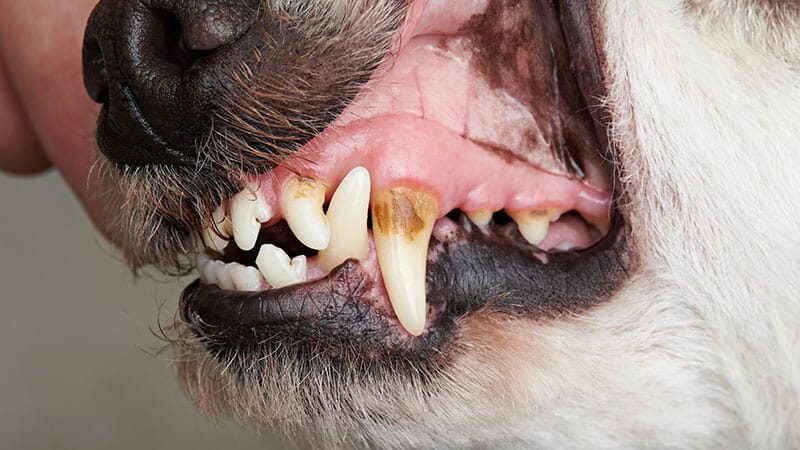What is a tick?
Ticks are eight-legged spider- like parasites that live by sucking the blood from other creatures.
This year we seem to be seeing far more pets than usual being affected by ticks, and so we are changing our advice on routine parasite prevention.
Ticks can bite people, but it is very rare that you will ‘catch’ one directly from your pet. You would be most likely to pick one up when walking through long grass. Their preferred lifestyle is to catch on to any passing creature such as a deer, hedgehog, dog, fox or person.They then bury their heads right up to the neck under the victim’s skin. At this point they may be as small as a pin head, and usually light grey.
They settle there, feeding on the blood for three or four days, gradually swelling up to as big as a pea and turning darker. Then they detach themselves back into the grass and take several months to digest their meal and shed their skin before feeding again.
One can easily mistake a tick for a wart or small lump on your pet’s skin. Do not try to pull them off! You will almost certainly leave the head still buried which then creates a foreign body reaction. Use a specialist tick removing hook or call for advice.
You can be sure it’s a tick if you gently lift the rounded end of the ‘lump’. You will just be able to see the tiny black limbs, much shorter than the body, waving in the air.
There are two types of problems that ticks cause our pets.
They leave a nasty visible reaction in the skin after they have been removed. This can remain for several months, but actually seems to cause the pet very little distress.
But also, the tick itself may be infected with certain diseases that can be passed to their host when they suck their blood. Lyme disease is common in parts of the UK. In both people and dogs this can cause a long lasting illness with symptoms including fever, joint pain and fatigue. If you travel abroad there are other tick borne diseases to be aware of, including Babesia (now established in a pocket of Kent too) which can cause a fatal anaemia.
I have still not yet diagnosed a case of a tick-borne illness in a pet in Mid Sussex. But with the warmer weather favouring the tick population growth, it may only be a question of time before we start seeing cases.
If you would like to discuss a change to your pet’s personalised parasite prevention programme or you are struggling to manage the ticks on your pets, arrange an appointment with one of our caring vets by calling 01444 456886.




